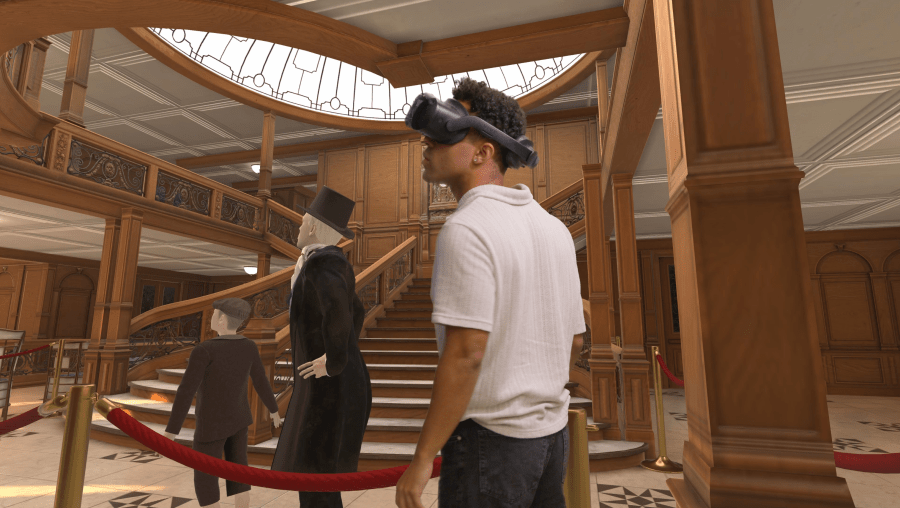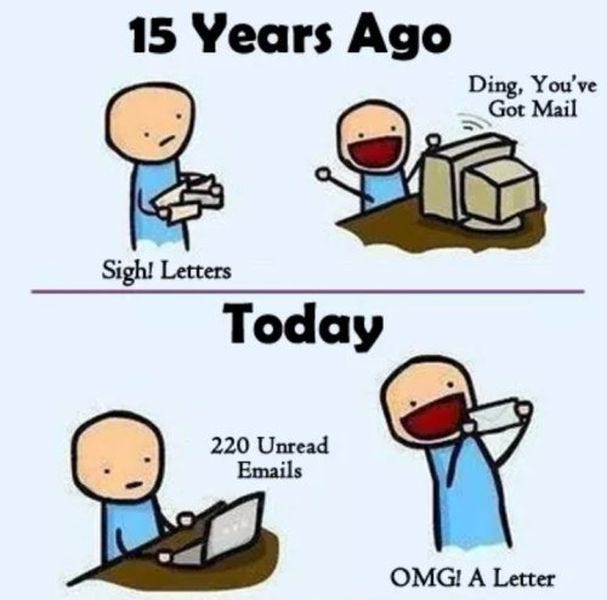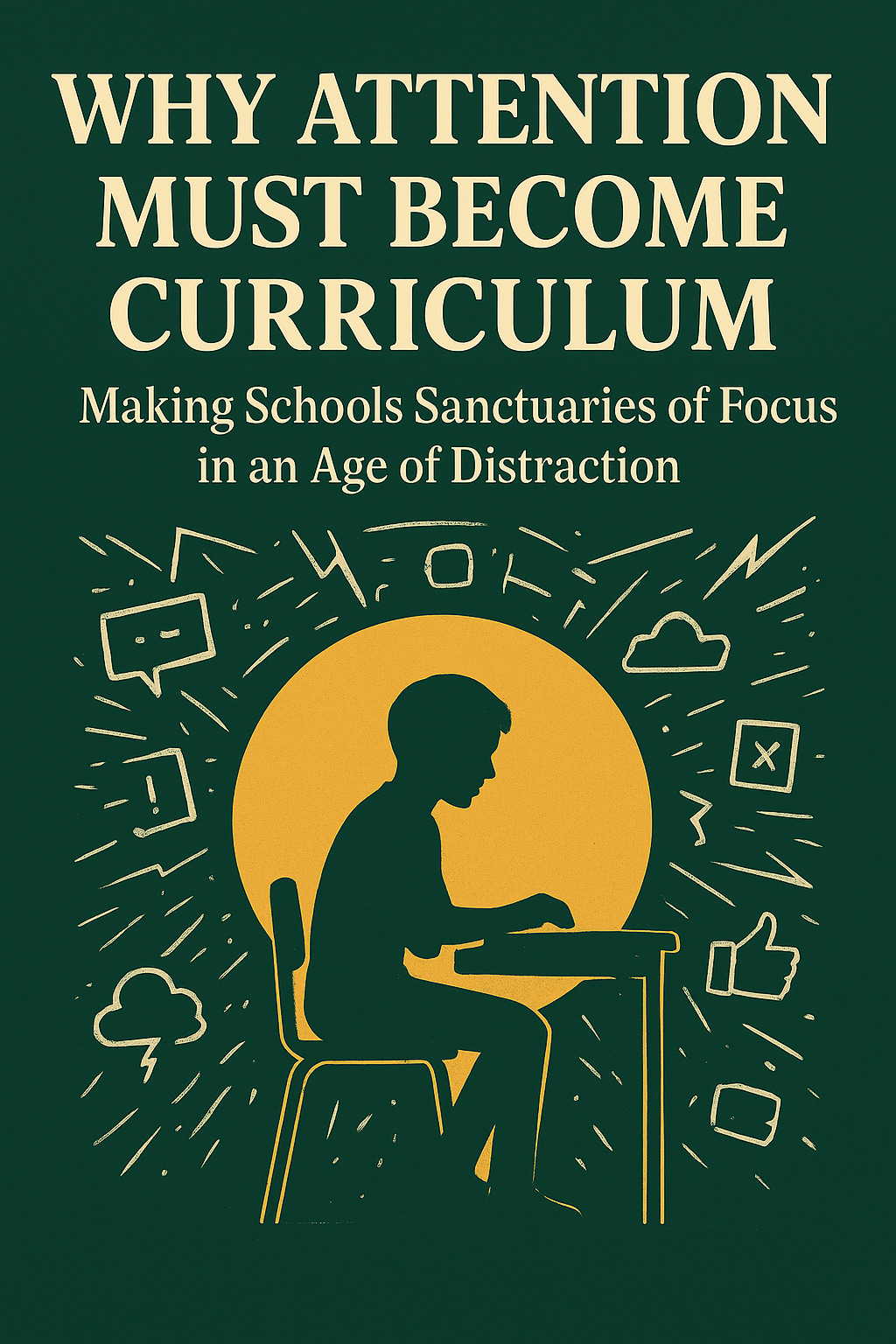FF#13 - Let’s bring handwritten letters back
Friday Footnotes #13 - the weekly newsletter for parents who care about reading
Welcome to Friday Footnotes, a weekly newsletter from Storygram Parents. It’s even got pictures 🙌
Each week I touch on reading, parenting, motivation, children’s books, education, writers, and whatever else catches my attention. Enjoy!
This week’s footnotes 🧐
Here are this week’s footnotes1. Leave a comment with your take!
Let’s make handwritten letters a thing again 💌
This year I bought a nice fountain pen, and have begun sending handwritten letters2. How quaint!
Call me an old romantic if you will (or possibly just old) but the feeling of receiving a personal, handwritten letter really is special. And that got me thinking… perhaps receiving a letter would motivate children to read and write more — for the joy of it. How many children receive handwritten letters these days?3
So here’s the sales pitch: if you become a paid subscriber, I will write a handwritten letter to your kids (or you, if you’d rather) each month. The payment isn’t a lot, but it will help cover stamps, ink, and more importantly, coffee.
I’m happy to write about anything - answering questions, writing a little poem or short story, or just telling them a joke, or a story from my life (which might seem like a joke, though I assure you it isn’t).
And, of course, they will be welcome (indeed encouraged) to write back. That way we can get a conversation going!
Does infotainment work? 🖼️

Thanks to Jocelyn, who wrote in about her experience visiting the Titanic Exhibition in London:
It relied heavily on virtual experiences and little on written explanations or artefacts, like a ‘normal’ museum.
Apparently, the written elements were poorly written and had typos, as though they were an afterthought. Jocelyn questions whether this might be the future of museums - exciting, but probably far less accessible:
I spoke to an older man who was sitting down and not able to take part in any of the VR headset experiences, he said he found them too dizzying and couldn’t stand for so long walking in darkness around a room.
Are museums supposed to help us experience the subject, or to learn about the subject? Can both be done in tandem effectively, or does an emphasis on the entertaining elements simply serve to overwhelm visitors?
I like the new approach as I have also experienced the traditional one, but if all museums go this way I worry what our kids will learn from them.
What do you think?
Can I ask a favour? 🙏
Please comment, share, or like our articles… it helps the algorithm make good choices 😜
Perhaps you can think of one parent you could send the link to? Thank you so much!
Worth a read 💯
This week’s must-read is Why Attention Must Become Curriculum, from The Walled Garden Education - a newsletter “devoted to reclaiming the art of deep learning in an age of ceaseless distraction.” Right up my street!
Quick tangent: I spend a lot of time listening to podcasts - when I’m washing up or cooking, especially. Recently, I’ve replaced some of that time listening to long-form articles on Substack. The writers that I follow often have richer, more coherently presented information than many podcasters4.
Substack provides a robot reader 🤖 so I can play any old article, and it will be read out by a semi-realistic voice. It isn’t perfect though, so when I listened to Why Attention Must Become Curriculum I was pleasantly surprised because the author, Andrew Cantarutti, had recorded his own audio. While the recording isn’t perfect, having the author’s voice made a big difference and made listening more enjoyable. I’m inspired to try recording my own in future as I have once or twice in the past!
Back to the article, which argues that the point of education is not simply to prepare children for the workplace, but “to develop autonomous human beings capable of directing their own attention, making their own judgments, and participating meaningfully in democratic life.”
Rather than giving children Chromebooks and expecting them to somehow manage to work amidst the notifications and tabs and sounds, we should provide children with a sanctuary to work without distraction.
This is the fundamental contradiction of contemporary education policy. We recognize that students are struggling … yet our institutional response is to intensify the very conditions producing these outcomes. We add more screens, more platforms, more algorithmic mediation. We complain about distraction while leaving in place school schedules already fragmented into periods too short for deep work. We gamify learning with points and badges and leaderboards. We teach students how to use AI tools but not whether they should.
Some suggestions offered include:
Change how we utilise the time available: longer classes, protected blocks of focussed time to learn and work
Teach students about digital platforms: they are designed to be addictive, that multitasking is a myth, and that their brains are being shaped by their habits in ways that will persist into adulthood
Demonstrate what attention looks like:
When students see adults who can sustain focus, who read deeply, who think slowly and carefully about complex problems, who resist the pressure to respond instantly to every message, they learn that such ways of being are possible.
Challenging and encouraging!
Read the full article here.
Quote of the week 🎤
“Attention is not something students either have or lack; it’s a capacity that can be systematically developed or systematically eroded depending on the environments we create.”
— Andrew Cantarutti
Well, that’s all for today. Have a wonderful weekend. 😊
Graham
Footnotes: thoughts I’ve had, things I’ve read, or just about anything of interest that I felt worth making a little note of somewhere during the week.
I even have a little green leather pen case, which makes me feel that perhaps I don’t belong in this century.
I know that C.S. Lewis used to have correspondence with many of his readers - those letters are erudite, eclectic, and superbly thought out. No guarantees that mine will be anything of the sort. Maybe it would help if I bought a pipe…
Though perhaps they’re less fun at parties.





Thank you for the support, Storygram! 🙏